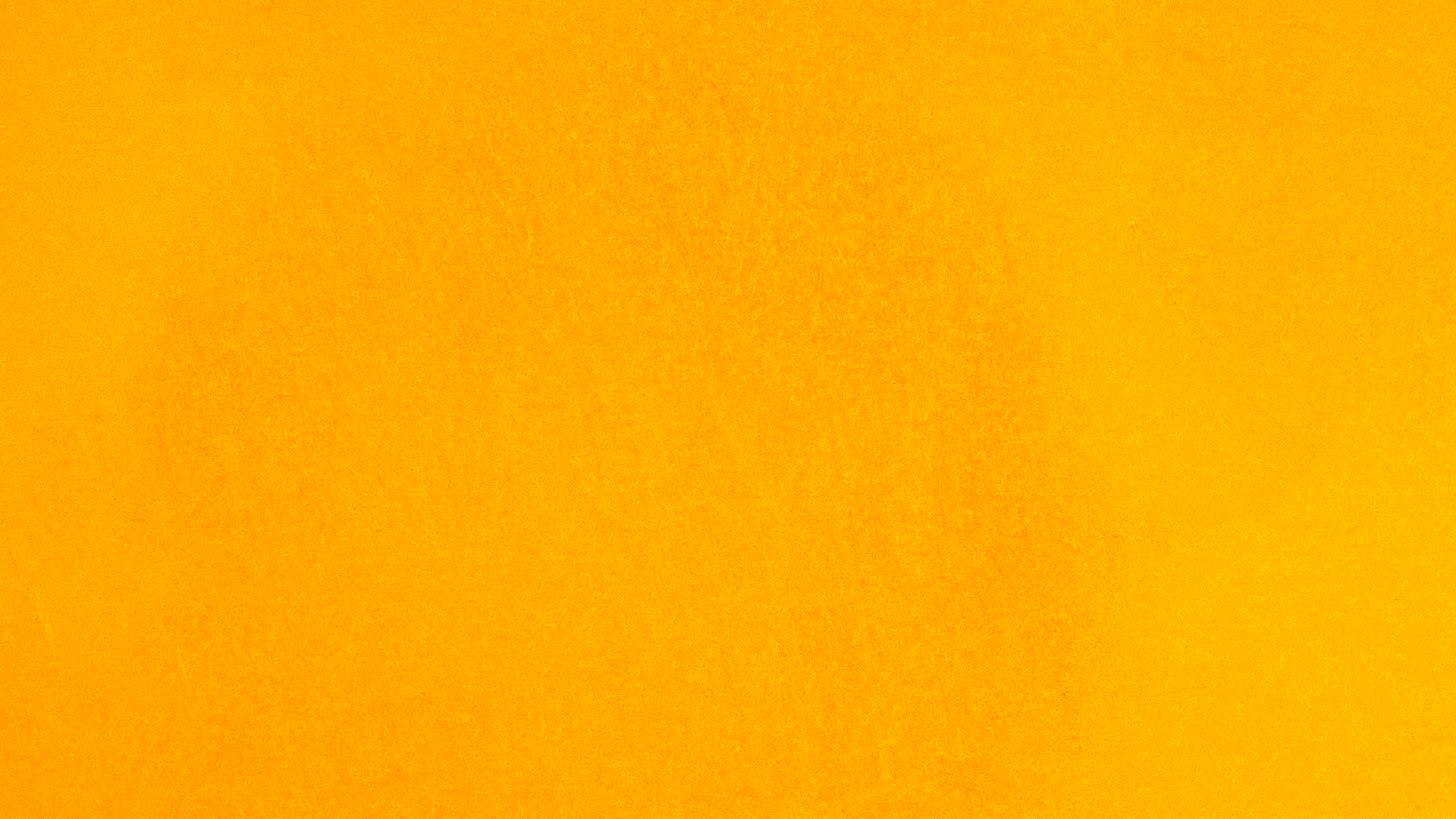
At nights birds hammered my unborn
At nights birds hammered my unborn
child’s heart to strength, each strike bringing
bones and spine to glow, her lungs pestled
loud as the sea I was raised a sea anemone
among women who cursed their hearts
out, soured themselves, never-brides,
into veranda shades, talcum and tea moistened
their quivering jaws, prophetic without prophecy.
Anvil-black, gleaming garlic nubs, the pageant arrived with sails unfurled
from Colchis and I rejoiced like a broken
asylum to see burning sand grains, skittering ice;
shekels clapped in my chest, I smashed my head against a lightbulb
and light sprinkled my hair; I rejoiced, a poui
tree hit by the sun in the room, a man, a man.
The Ark by “Scratch”
The genie says build a studio. I build
a studio from ash. I make it out of peril and slum
things. I alone when blood and bullet and all
Christ-fucking-‘Merican-dollar politicians talk
the pressure down to nothing, when the equator’s
confused and coke bubbles on tinfoil to cemented wreath.
I build it, a Congo drum, so hollowed through the future
pyramids up long before CDs spin away roots-men knocking
down by the seaside,
like captives wheeling by the Kebar River. The genie says build
a studio, but don’t take any fowl in it, just electric.
So I make it, my echo chamber with shock rooms of rainbow
King Arthur’s sword keep in, and one for the Maccabees
alone, for covenant is bond between man and worm.
Next room is Stone Age, after that, Iron, and one I
named Freeze, for too much ice downtown in the brains
of all them crossing Duke Street, holy like parsons.
And in the circuit breaker, the red switch is for death
and the black switch is for death, and the master switch
is black and red, so if US, Russia, China, Israel talk
missiles talk, I talk that switch I call Melchezidek.
I build a closet for the waterfalls. One for the rivers.
Another for oceans. Next for secrets. The genie says build
a studio. I build it without gopher wood. Now, consider
the nest of bees in the cranium of the Gong, consider
the nest of wasps in the heart of the Bush Doctor,
consider the nest of locusts in the gut of the Black Heart Man,
I put them there, and the others that vibrate at the Feast of the Passover
when the collie weed
is passed over the roast fish and cornbread. I Upsetter, I Django
on the black wax, the Super Ape, E.T., I cleared the wave.
Again, consider the burning bush in the ears of Kalonji
and the burning sword in the mouth of the Fireman and the burning pillar
in the eyes
of the Gargamel, I put them there, to outlast earth as I navigate on one
of Saturn’s rings, I mitre solid shadow setting fire to snow in my ark.
I credit not the genie but the coral rock: I man am stone.
I am perfect. Myself is a vanishing conch shell speeding round
a discothèque at the embassy of angels, skeletons ramble to checkout
my creation dub and sex is dub, stripped to the bone, and dub is the heart
breaking the torso to spring, olive-beaked, to be eaten up by sunlight.
Spring
in memoriam, Adam Zagajewski (1945- 2021)
Cool as the breeze, spring
comes and proves the proven
blank which was sorrow
a turbulent need, a healing.
Who am I kidding? To say “spring,”
and to say so on the front steps
just after noon in the bright cool of the day,
is a form of dissolution.
How have I arrived at that?
Your death is only two weeks old, sudden
and tender as the buds on the firethorn
returning and an old siren sound
carrying on the breeze
between two finches darting
through shattered powerlines,
cements a kind of comfort.
I accept this. These creosote
tears you must’ve seen on a Kraków
statue streaked with rain. What arrives next
is the marvellous phrase,
“half sea, half land”
(not yours but close) marvellous I mouth
before I digressed,
and then zoomed away to teach them, Adam,
your “To Go to Lvov.”
Carol
Oaks or chestnuts, what here
draws brass linen, wakes me, overcast,
with the polished sprigs of my grandmother’s
lamp, holding the plumed shade once
holding fire by her opened bible, parsed
for the night’s reading. Across dark and
plywood, an aqueduct’s dry run, listen
my voice, around her house, croton leaves
from the oven’s heat, levitating.
Saturdays doubles her to a bee. I outstare
the sea and summon the carols of Christmas;
her fake pine tree, its foil star
perforates the town’s gossiping lights.
I again turn the pages, she sleeps
in the watered-down night.
Where do they go? Where do they go?
Little Music
What a lot of little music can do?
The blind farmer Daylights in his cabbage
row, going crouched down between leafy skulls,
knows. He rises indifferent, far-gazing
as a fine haze disfigures the mountain.
A lot of little music can do that.
Aunt May opens her oven and Egypt
comes to town. She closes it, and sorrow
fills the coves, for she refuses to sing
“O Jerusalem,” but would rather say,
“Justice and devotion are my riches,”
which her grandson says to the ixoras,
naturally, stroking their small bonfires.
Madmen proliferate in the town square.
They speak to themselves a shattered, civil
constitution, more music than music,
cracked parchment voices like high-tensile fencing
around the courthouse. Wandering mummies,
they had foreseen the past; screech owls and ruins,
tourist-only beaches, local natives,
leaving no footprints on the sands of time.
That is what a lot of little music does.
Rosemary, self-wounding Rose, stabs Boy Blue
for dreaming of frost and the iron bird;
Boy Blue stabs Rose back and marries her twin.
All things considered, he is not a dog.
All things not considered, he is a dog.
Ashurbanipal, stammering from yard
to yard, with vials of ointment and powder
to cure body-come-down-ness and bad mind,
himself a market of frothing spirits,
the seventh angel, for whom there is no cure.
Night Hawk, through his burden of wisteria,
eyes caution signs outside Roofnight Club, warns,
“The microchip in Revelation thirteen,
verse sixteen, will be grafted in all flesh.
I dreadlocks in moonlight shall not wither
like baldheads at sunrise in Midian.”
Night Hawk meteors away. The rest hides in smoke.
Sunday’s baked quiet. It is done so soft.
Like rain on the moon, like curtains parting,
and the moon is there, or else the sun is
there, full of a lot of little music that is the sea, there, always, amethyst
and slightly drunk, like the fishmen onshore,
who, in near silence, look across the bay
at the swamp heavy with scarlet ibises,
where, alone, Cre-Cre lives, a king, having
fastened to his head a barbwire crown.
He lifts his conch horn and blows out the stars.
It can be vicious and it is vicious
to make such renunciation, such rough
music, a lot of it disposable,
yet none dispensable, rocking every night.
The Mud Sermon
They shovelled the long trenches day and night.
Frostbitten mud. Shellshock mud. Dungheap mud. Imperial mud.
Venereal mud. Malaria mud. Hun bait mud. Mating mud.
1655 mud: white flashes of sharks. Golgotha mud. Chilblain mud.
Caliban mud. Cannibal mud. Ha ha ha mud. Amnesia mud.
Drapetomania mud. Lice mud. Pyrexia mud. Exposure mud. Aphasia mud.
No-man’s-land’s-Everyman’s mud. And the smoking flax mud.
Dysentery mud. Septic sore mud. Hog pen mud. Nephritis mud.
Constipated mud. Faith mud. Sandfly fever mud. Rat mud.
Sheol mud. Ir-ha-cheres mud. Ague mud. Asquith mud. Parade mud.
Scabies mud. Mumps mud. Memra mud. Pneumonia mud.
Mene Mene Tekel Upharsin mud. Civil war mud.
And darkness and worms will be their dwelling-place mud.
Yaws mud. Gog mud. Magog mud. God mud.
Canaan the unseen, as promised, saw mud.
They resurrected new counter-kingdoms,
by the arbitrament of the sword mud.
The Anabasis of Godspeed
At the end of the month insane petrolic fever spiked the battalion which glowed like billions of archangels quivering with a fluorescent hum over honeycombed CANAAN. Quasar. Quasar. Dark matters all over again in the sun. The boy spat mouthful of sucked cherry bones into the sea then turned a leaf of his Britannica.
A polar moment of inertia. Lyddite and ammonal mud. On Heroes Day the boy forgot the names of all seven national heroes of his island. He also moon mouthed the Our Father anthem. “Pest” for “bless” “slaughter” for “guidance” and dropped booms between JAMAICA: “JAMAICA” boom “JAMAICA” boom “JAMAICA” boom-sha-ka-la-ka “land we love.”
In his Britannica he found another BLUE MOUNTAINS in Australia other than the ones at the back of his grandmother’s house. Filled with jealous rage he tore out the entry page and stuff it in Horace’s mouth. Then throughout the operations with the scantiest clothing and long marches without water and privations up in the mountains of JUDAEA all ranks carried out their duties well and with great cheerfulness they sipped ALBION sour milk.
Then proceeded to HAMPTON COURT where he took stock of his jam jar of blinky blink fireflies as if they were gold coins of fluctuating bullion flourishing in the deep dark of night.
Concerning everything he was desirous of instruction. But particularly concerning this
tree. Azalea morning. Flashpoint want. The morning was evening.
He fastened a crown of hibiscus on his head during Social Studies under
the flowering Indian maple. The strength of the battalion stood at 36
officers and 1068 other ranks making 4 officers and 55
other ranks over establishment. Godspeed struck
myrmidons from his shin. They twinkled in the dust.
Then men proceeded to TAHPANHES where weeping was ceaseless.
Then proceeded to SYDON and TYRE. Godspeed was almost afraid of butterflies.
They sickened him during the breeding season when they swarmed around any
source of water. It was around this time when the day was hot and everything
was green he saw that the puddles were moving and the cars were crushing butterflies and the roads were moving too because the butterflies were slowly
dying on the roads. Everything moved around. The leaves on the trees swayed
not from the wind but from butterflies. Butterflies were everywhere alive on
the blooming lilacs and dead on the roads.
At the beginning of the month the strength of the battalion stood at 36 officers and
1034 other ranks.
(Note: “The Anabasis of Godspeed” is excerpted from a book-length poem, School of Instructions. A memorial to the experience of West Indian soldiers serving in British regiments during World War I, the poem is also the narrative of Godspeed, a young boy living in rural Jamaica in the 1990s.)

